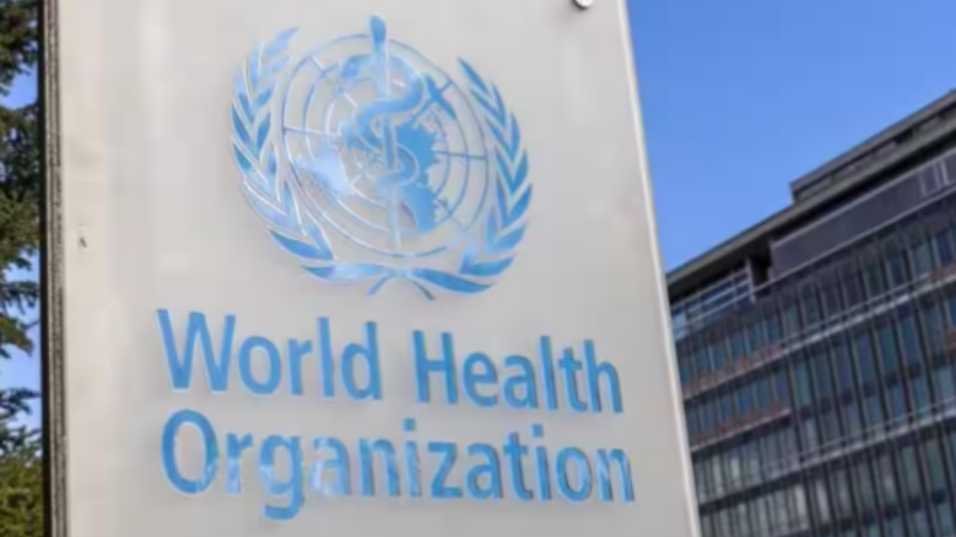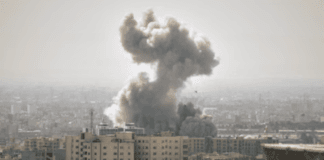The World Health Organization (WHO) has officially labeled the JN.1 Covid strain as a “variant of interest” on Tuesday. Despite this classification, the WHO maintains that, based on current evidence, the risk to public health from this strain remains low. This recognition comes at a crucial time as nations grapple with the ongoing challenges posed by the pandemic.
JN.1 Covid ‘s Global Presence and Impact
Across the globe, the impact of the JN.1 variant is becoming apparent. In India, a significant concentration of cases has been reported in the states of Kerala, Karnataka, Tamil Nadu, and Odisha. According to the Ministry of Health and Family Welfare, Kerala alone recorded 292 new active cases of COVID-19, coupled with three deaths. The state’s total active cases now stand at 2,041, and the cumulative death toll over the past three years has reached 72,056.
Unified Approach Advocated by Union Health Minister
In response to these developments, Union Health Minister Dr Mansukh Mandaviya emphasizes the need for a ‘Whole of Government’ approach. At a review meeting on COVID-19, he stressed the importance of collaboration and unity. Dr Mandaviya stated, “We need to be on the alert, but there is no need to panic. It’s important to be prepared with mock drills of hospital preparedness, increased surveillance, and effective communication with people.” He further called for regular mock drills in all hospitals every three months and assured the support of the Centre to states, emphasizing that health should transcend political boundaries.
Winter Precautions and Festival Season Preparedness
Recognizing the challenges posed by the winter season and the impending festival season, Dr Mansukh Mandaviya urged all states and Union Territories to take preventive measures. The emphasis is on preparedness, and he urged the implementation of requisite public health measures. As part of the advisory issued on Monday, the Centre directed states to monitor the occurrence of respiratory diseases district-wise. The directive includes regular monitoring and reporting of influenza-like illness. And also severe acute respiratory illness cases in all health facilities on a district-wise basis.

JN.1 Covid ‘s Impact in the United States: CDC Report
Shifting our focus to the United States, the Centers for Disease Control and Prevention (CDC) reported that the JN.1 covid subvariant constitutes a significant portion. Which ranging from 15% to 29%, of cases as of December 8. However, the CDC clarified that there is currently no evidence suggesting an elevated risk to public health compared to other prevalent variants. In a reassuring statement, the agency highlighted that an updated vaccine could effectively safeguard Americans against this variant.
WHO’s Global Assessment and Winter Concerns on JN.1 Covid
The World Health Organization, in its evaluation, considers the additional global public health risk posed by JN.1 as low based on available evidence. However, the organization cautions that with the onset of winter in the Northern Hemisphere, JN.1 covid could contribute to an increased burden of respiratory infections in many countries. The WHO emphasized that current vaccines continue to protect against severe disease and death from JN.1 and other circulating variants of SARS-CoV-2.
Singapore’s Caution Amid Stabilization
Turning our attention to Singapore, recent reports indicate a stabilization of COVID-19 infections. Despite this, experts advise caution and recommend the use of masks in crowded enclosed spaces. Singapore’s Ministry of Health reported a significant increase of 75% in the previous week, prompting a call for vigilance.
Expert Opinion and Public Guidance
Professor Paul Tambyah, president of the International Society for Infectious Diseases, offered a calming perspective on rising COVID-19 infections. He encouraged the public to be sensible about taking precautions for their health. Which includes for staying home if unwell and seeking medical attention when needed.
Indian Government’s Proactive Measures
In response to the surge in COVID cases and the identification of the JN.1 subvariant in Kerala, the Indian government issued a proactive advisory. The directive urges state governments to ensure sufficient health preparations, especially considering the upcoming festive season. The emphasis is on implementing public health measures and closely monitoring respiratory diseases on a district-wise basis.
In navigating the complex landscape of the ongoing pandemic, global and regional responses underscore the importance of unity, vigilance, and preparedness. As nations and communities adapt to evolving circumstances. The collaborative efforts of governments, healthcare systems, and individuals remain pivotal in mitigating the impact of the virus.


